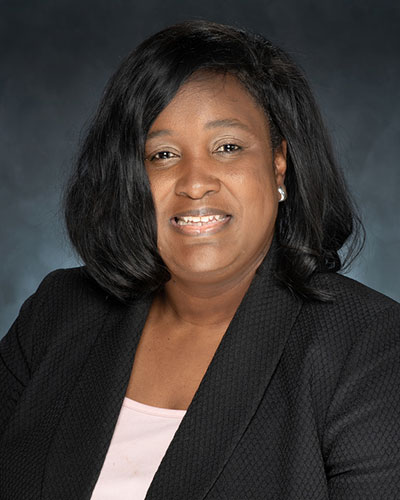XAVIER BOATNER
campus editor
xavier.boatner@my.tccd.edu
The word “woke” used to have a concise definition, but in recent times, it has been transformed into a shell of its former self.
“Woke” is a term coined by and originally used by African Americans in the early 20th century to describe those who are aware of and acknowledge certain Black social and political philosophies and injustices. With time, however, many people’s definition of the word has changed based on their unique identities – students included.
The term has even broken into the world of politics, where both left, and right leaning individuals have used the word with wildly different connotations.
For instance, following his reelection in 2022, Gov. Ron DeSantis said, “We reject this woke ideology. We seek normalcy, not philosophical lunacy. We will not allow reality, facts, and truth to become optional. We will never surrender to the woke mob. Florida is where woke goes to die.”
Some people see going “woke” as a negative and argue that these ideas can become overbearing as they typically are thrust onto people who don’t see eye-to-eye with said ideas, TR student Logan Brossett said.
To some, namely TR student Logan Brossett, “wokeness” means forcing someone else’s beliefs upon someone else, leaving little room for discussion or debate.
“It’s never a conversation, never an actual debate about why we should listen or believe what ‘woke culture’ pushes,” Brossett said. “You either believe it, or you’re considered an enemy which is word for word what I’ve been told by someone who is considered ‘woke.’”
Speaking from firsthand experience, Brossett said the concept of “wokeness” could mean the difference between social acceptance and social rejection and punishment.
“You used to be able to hold your own beliefs as a person, but now if you don’t agree with ‘wokeness’ or other views that align with it, you tend to be viewed as a bad person or can be socially hung for it.”
The concept of “wokeness” has become prevalent in entertainment media as well, and there’s been a stronger push now more than ever for more inclusive and diverse practices. This often occurs in the form of race-swapping characters like Ariel in last year’s “The Little Mermaid” leading to controversy and questions being raised about the legitimacy of it all.
“The discussion over representation focuses on whether modifications, such as characters that switch races or genders, are sincere attempts at diversity or are just attempts at pandering,” Connect student Sabrina Roberts said.
The challenge in branching out and trying to create and adapt characters and ideas that are more reflective of our modern societal standards for the sake of diversifying media can be a difficult line to walk, Roberts said.
“I think the secret is careful writing that steers clear of token characters and gives all the characters the same amount of depth,” she said. “In negotiating the changing terrain of media diversity, the discussion emphasizes the value of authenticity and avoiding the traps of forced portrayal.”
Some believe changing the race or gender of established media isn’t an effective means of making media more inclusive, while others, like NE student Eila Luna, think making such changes have merits that help a wider range of viewers feel seen and represented.
“When Disney came out with more tan characters, as well as introducing different cultures [into its movies], it was a really good feeling of inclusion for me – like in “Coco,” she said. “I imagined kids watching felt the same. I don’t believe Disney has their own agenda on making these changes of color of skin to characters.”
Luna felt that diversifying characters and ideas in media can prove to be entertaining to a new, broad audience while still preserving what made the original ideas so timeless and beloved, however, she argued getting to that point won’t happen overnight.
“I believe people are uncomfortable with seeing more color in entertainment because of the long decades of Hollywood being predominantly white,” she said. “And that of course has to do with America’s history of prejudice and discrimination.”
Luna said as the discussion around what is and isn’t “woke” grows, so do the opinions and perspectives on what the word means and what kind of unique perspectives it brings.
“I believe everybody is ‘woke’ in a certain way depending on their own personal experiences,” she said.


































